The mixed performance of CoreWeave’s recent initial public offering (IPO) has raised questions among venture capitalists and entrepreneurs about the viability of taking startups public this year.
Once seen as a potential catalyst for a wave of new IPOs, CoreWeave’s bumpy debut has intensified concerns about market volatility, casting doubt on whether the public markets are ready for a strong influx of tech IPOs.
CoreWeave, an AI infrastructure company backed by Nvidia, priced its IPO at $40 per share last week, falling short of its initial price range of $47 to $55. The company also scaled down the number of shares offered, from 49 million to 37.5 million. After a rocky first day of trading, the stock rebounded, gaining nearly 42% in its second day. Still, the offering’s ups and downs have left some investors skeptical about the future of IPOs.
The debut of CoreWeave had been highly anticipated, marking the largest venture-backed tech IPO in the US since 2021. However, the volatile market conditions—driven in part by uncertainty surrounding President Trump’s tariff policies and fears of an economic slowdown—have complicated the outlook for new IPOs. As a result, some investors, including Tomasz Tunguz of Theory Ventures, have shifted their stance on the IPO market.
“The IPO market is open and the window is open,” Tunguz said, but added, “I don’t see the rush.”
Several factors are contributing to the uncertainty in the IPO market. Volatility in global markets, sparked by concerns about rising tariffs and ongoing trade tensions, has made it difficult to predict how company valuations will hold up in the public markets. Additionally, some venture capitalists are worried that the economy could experience a downturn in the second half of the year, further dampening investor enthusiasm for new public listings.
“There’s a sense of caution,” said Nisa Amoils, managing partner at A100x Ventures. “AI infrastructure has been overinvested in, but I’m not buying into that.”
Although CoreWeave’s IPO was hurt by market volatility, its performance also came at a time when the AI startup sector is facing growing scrutiny. Analysts have questioned the sustainability of high levels of investment in AI infrastructure, particularly with emerging competitors like China’s DeepSeek offering cheaper alternatives to technology developed by companies like Nvidia. CoreWeave’s substantial reliance on Microsoft for revenue—accounting for 62% of its 2024 earnings—has also raised concerns about the company’s long-term growth prospects.
Despite CoreWeave’s rocky IPO, some investors remain optimistic about the company’s future. Robert Hilmer, founder of Goanna Capital Management, which invested in CoreWeave, emphasized that his focus is on the company’s long-term performance rather than the initial fluctuations in its stock price.
“When we invest, it’s with a longer-term horizon,” he noted.
CoreWeave’s market capitalization now stands at nearly $25 billion, which is far from disastrous. But even as the company’s stock price rebounds, many investors are cautiously evaluating their IPO plans. Some startups are considering alternative fundraising options, such as private rounds of financing or secondary sales, to reduce the risks associated with going public in a volatile environment.
“Companies go public mainly to raise cash and provide liquidity to investors,” said Andrew Glickman, a partner at Benesch law firm. “If you can do that through other formats, it allows you to take a little bit of risk off the table.”
Despite these uncertainties, the IPO market is not entirely closed. Joel Rubinstein, a partner at law firm White & Case, suggested that many companies are still proceeding with their IPO plans and may be waiting for market conditions to stabilize later in the year.
“We haven’t seen companies pulling back on the process,” he said.
With input from the Wall Street Journal, Investor’s Business Daily, Reuters, and CNBC.
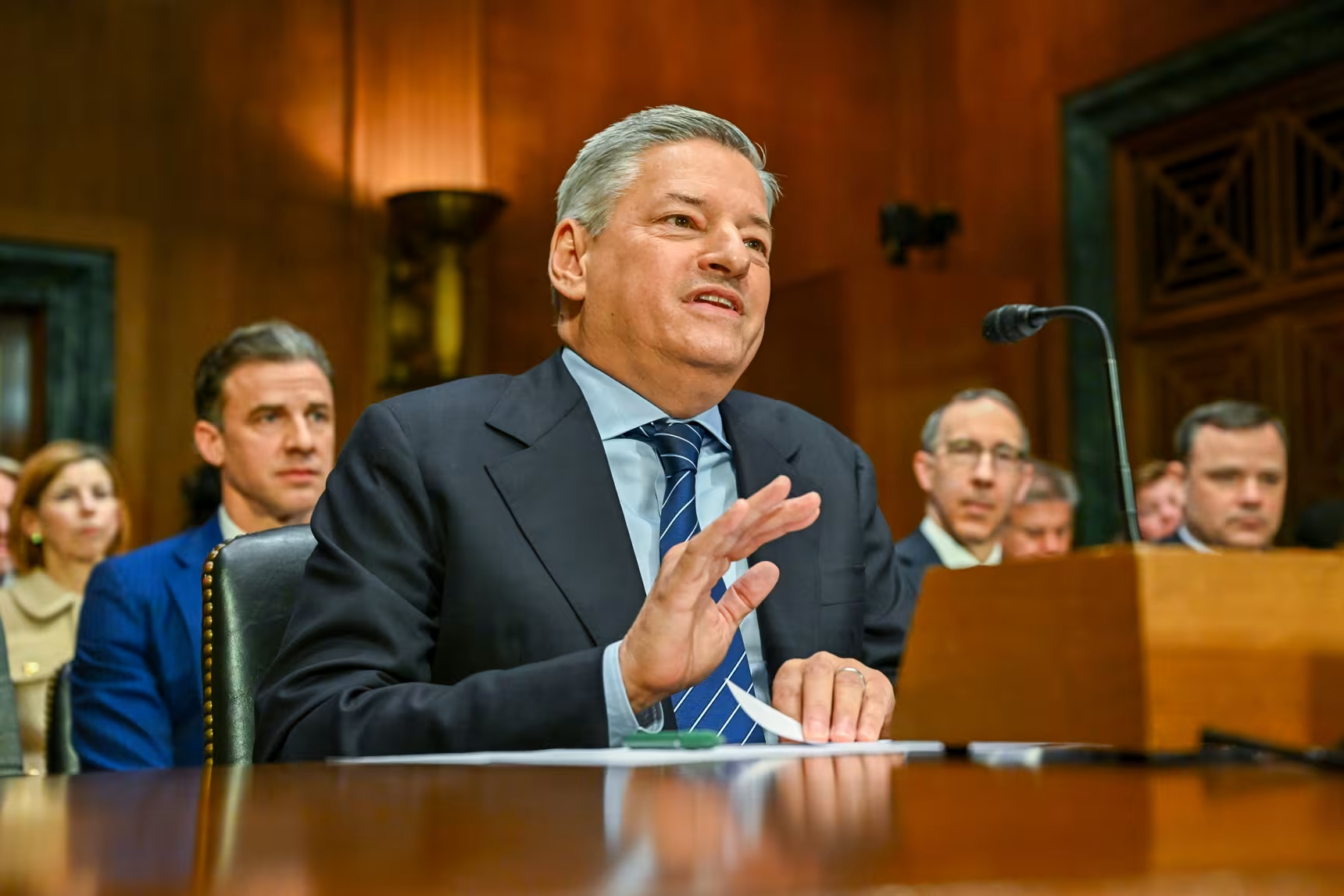
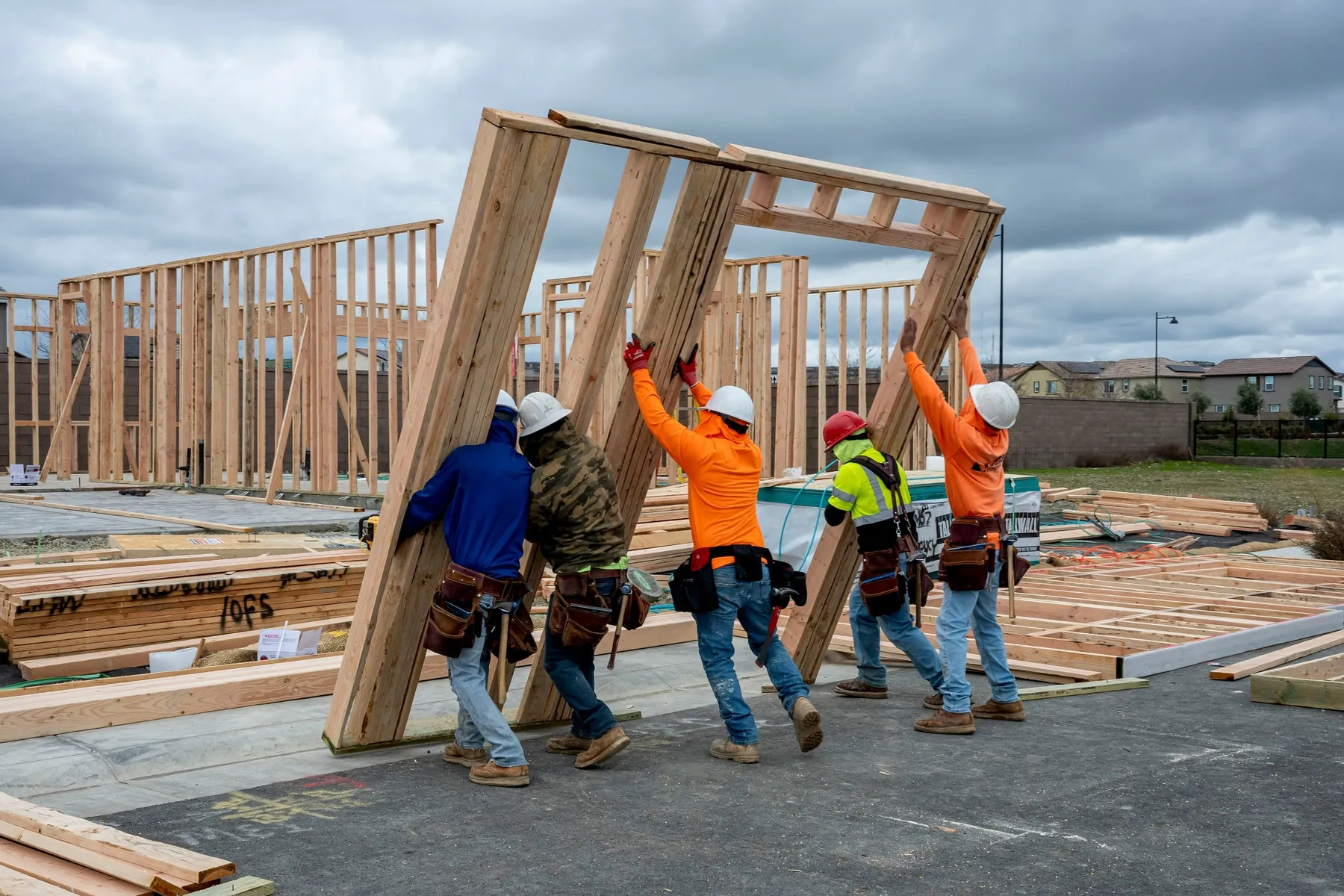
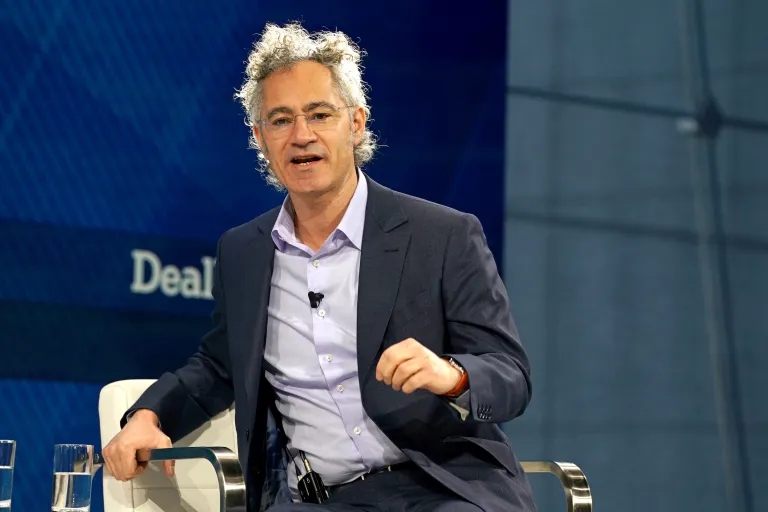
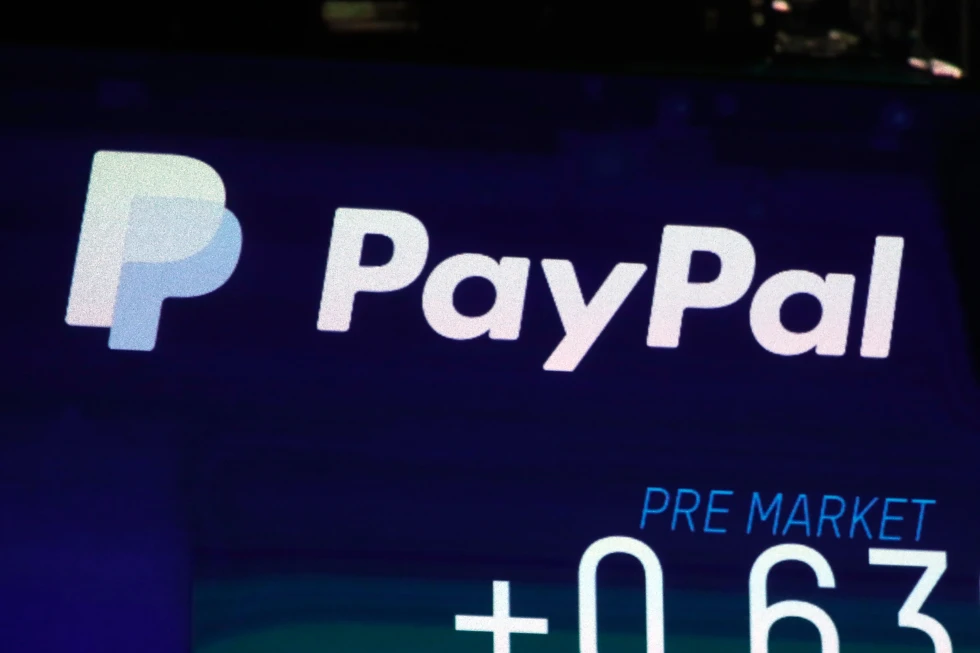
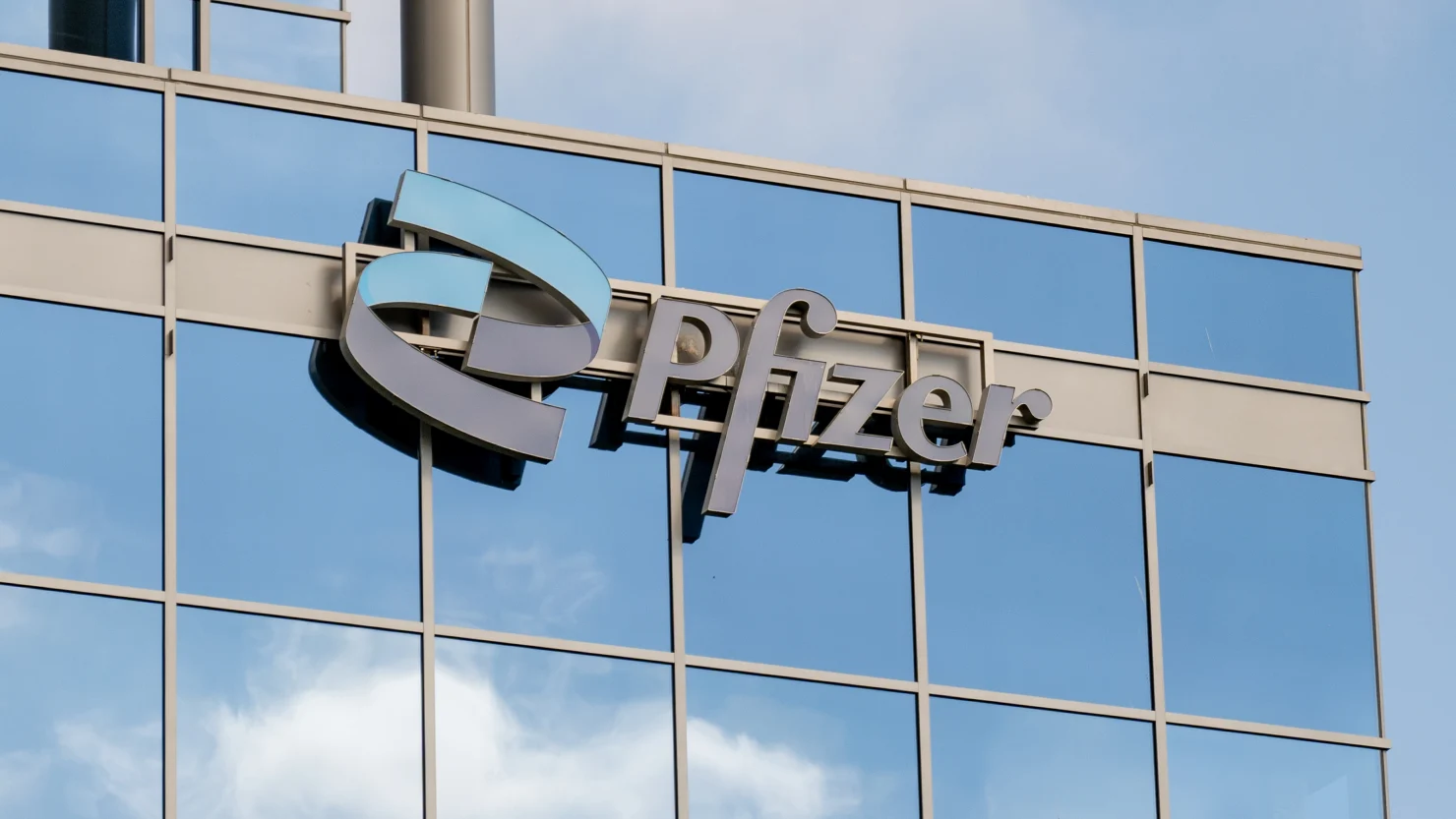
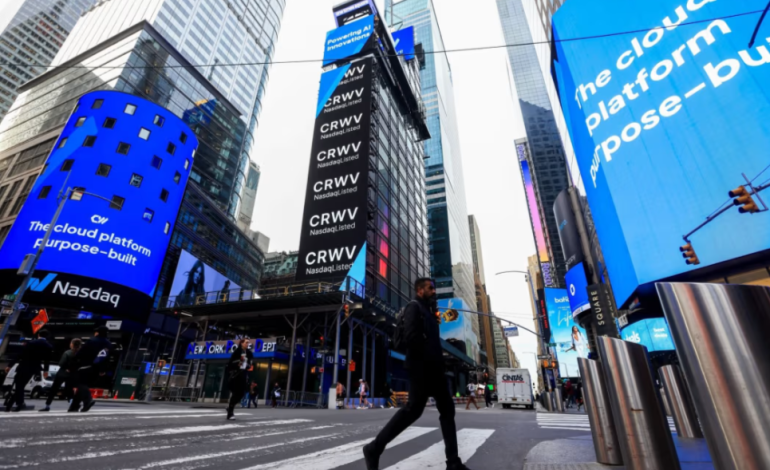




The latest news in your social feeds
Subscribe to our social media platforms to stay tuned